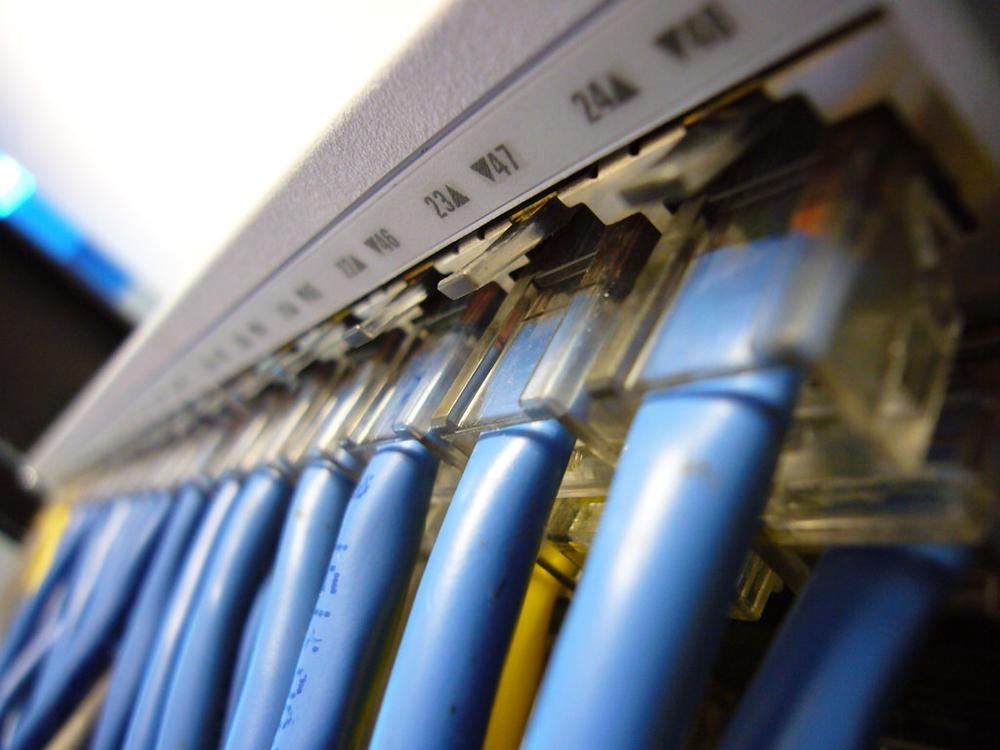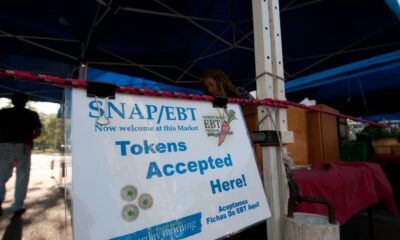Business
Appeals Panel Shatters Net Neutrality Rules in Landmark Ruling of the Year

A recent ruling by a Sixth Circuit panel has significant implications for high-speed internet regulation in the United States. The court determined that high-speed internet providers do not fall under the telecommunications services category as defined by federal law, limiting the Federal Communications Commission’s (FCC) regulatory authority. This decision stems from a challenge by numerous broadband trade associations against the Biden administration’s reinstatement of the “open internet” order, also known as net neutrality.
The net neutrality rules, first introduced in 2015 during Barack Obama’s presidency, were repealed under the Trump administration. On October 31, 2024, oral arguments were heard, leading to Thursday’s decision that set aside the order. Judge Richard Griffin, appointed by George W. Bush, authored the panel’s opinion and stressed the dual necessity of acknowledging high-speed internet’s role in daily life while also recognizing the commission’s historical approach to minimal regulation.
Judge Griffin highlighted the FCC’s longstanding classification of high-speed internet as an information service rather than a common carrier under Title II regulations. He cited Congress’s intent to promote a light-touch regulatory environment for the internet to allow growth and competition, as outlined in the Telecommunications Act of 1996. According to Griffin, it would contradict congressional intent to impose stringent controls on internet services while advocating for a free market.
Central to the ruling was the interpretation of what constitutes an information service provider. Griffin emphasized that broadband providers merely need to offer a “capability” for users to manipulate or retrieve information, rather than manipulate it themselves. He criticized the FCC for conflating broadband’s role with that of traditional telecommunications providers, noting that the act permits broadband providers to connect users to content providers such as Netflix and Google.
The panel further concluded that the FCC’s ability to enforce strict regulations on mobile broadband is limited. In doing so, they referenced the Supreme Court’s recent ruling in Loper Bright Enterprises v. Raimondo, which empowered federal judges to evaluate agency actions more critically, providing a potential framework for limiting FCC overreach.
In its response, the FCC expressed disappointment in the ruling, citing it as contrary to public interest. The commission called for Congress to address net neutrality legislatively and stressed the widespread consumer demand for a fair and open internet.
Conversely, broadband industry associations hailed the court’s decision as a triumph for consumers, arguing that it fosters more investment and competition. They emphasized that a light-touch regulatory stance has historically benefited the digital marketplace in the U.S., asserting that the ruling reinforces America’s position as a leader in the global internet economy.
The panel also included Judges Raymond Kethledge and John Bush, both appointed by Republican presidents, adding a political layer to the implications of the ruling. The court’s decision marks a significant moment in the ongoing debate over how internet services should be regulated in America.


















